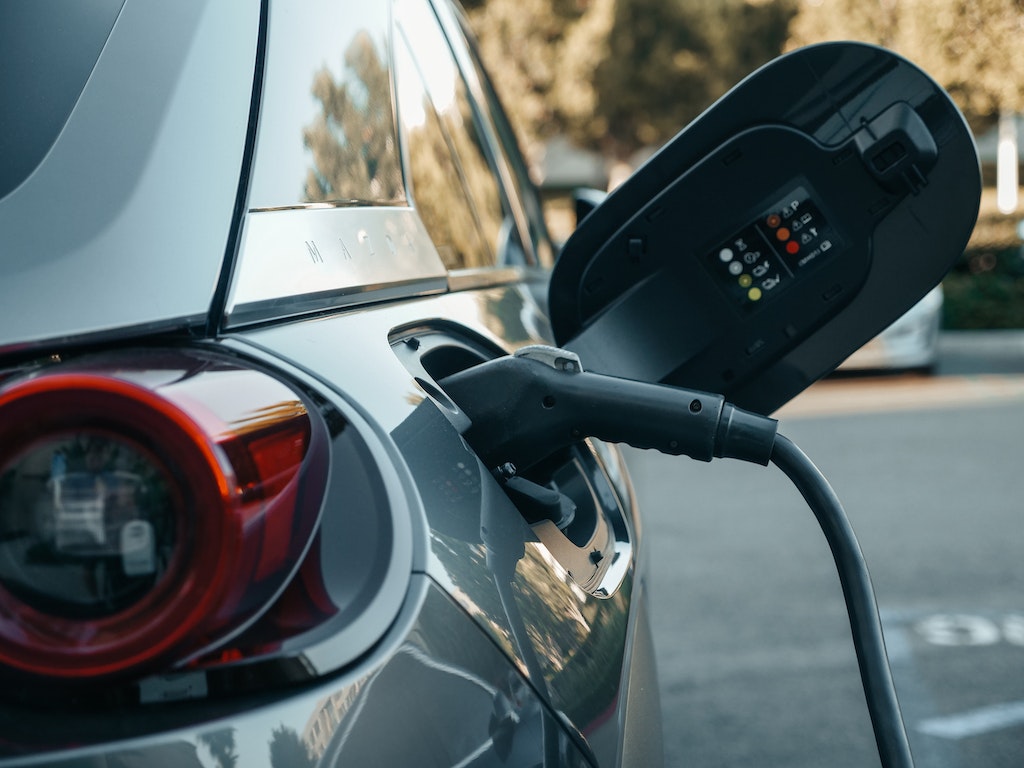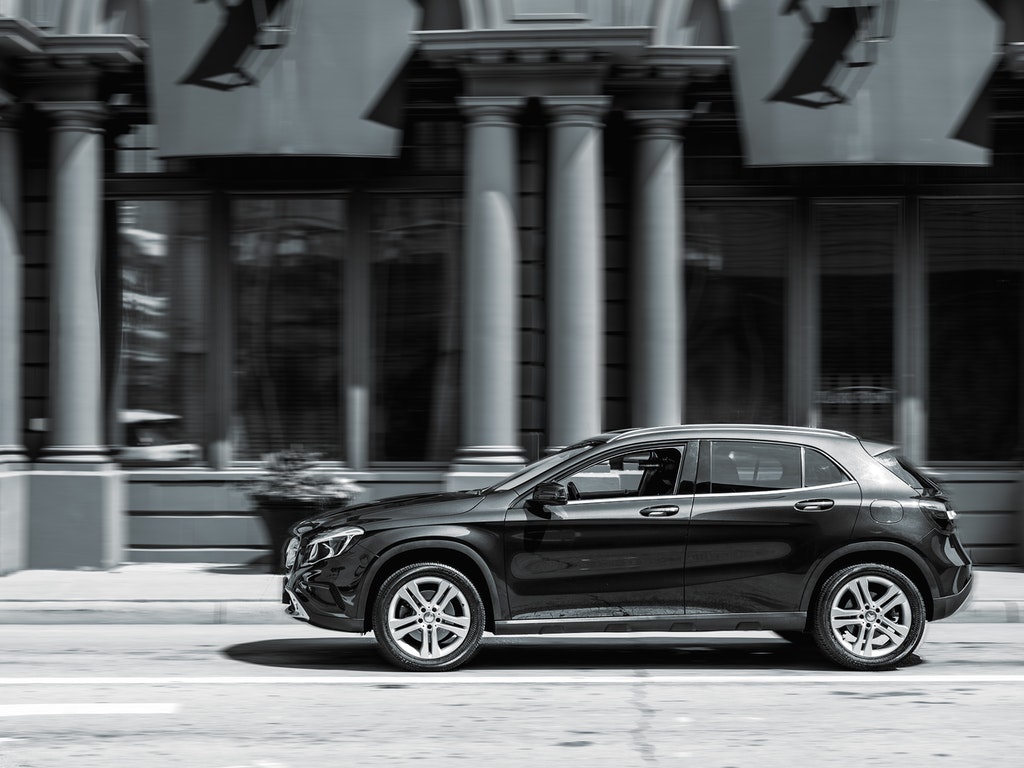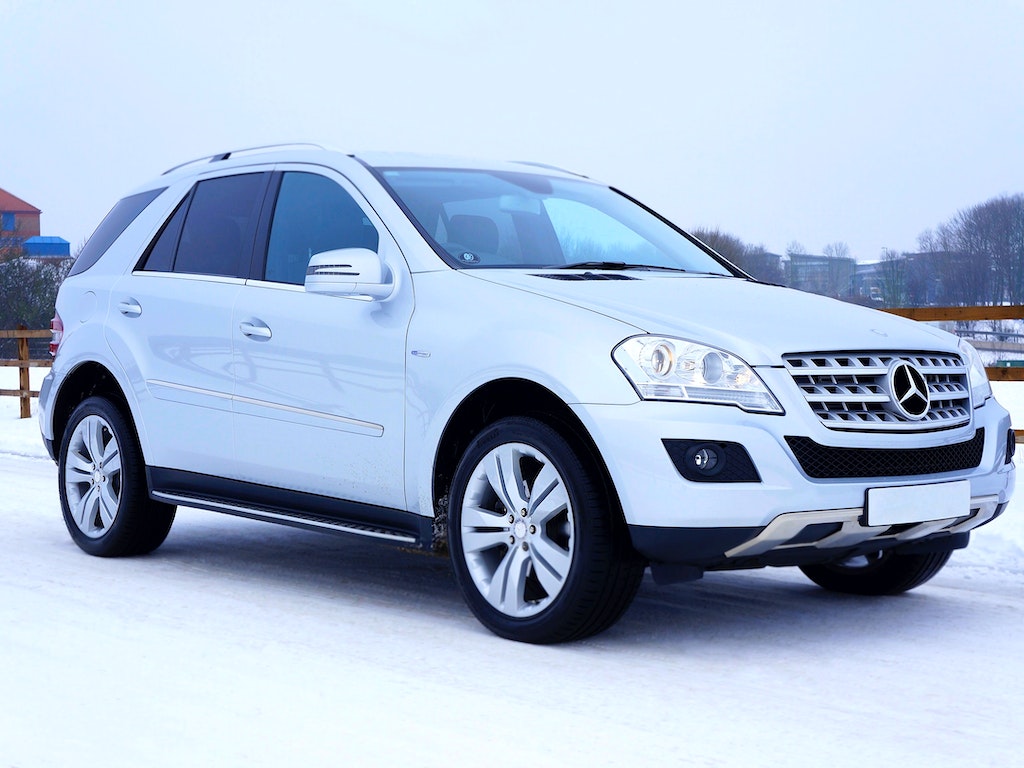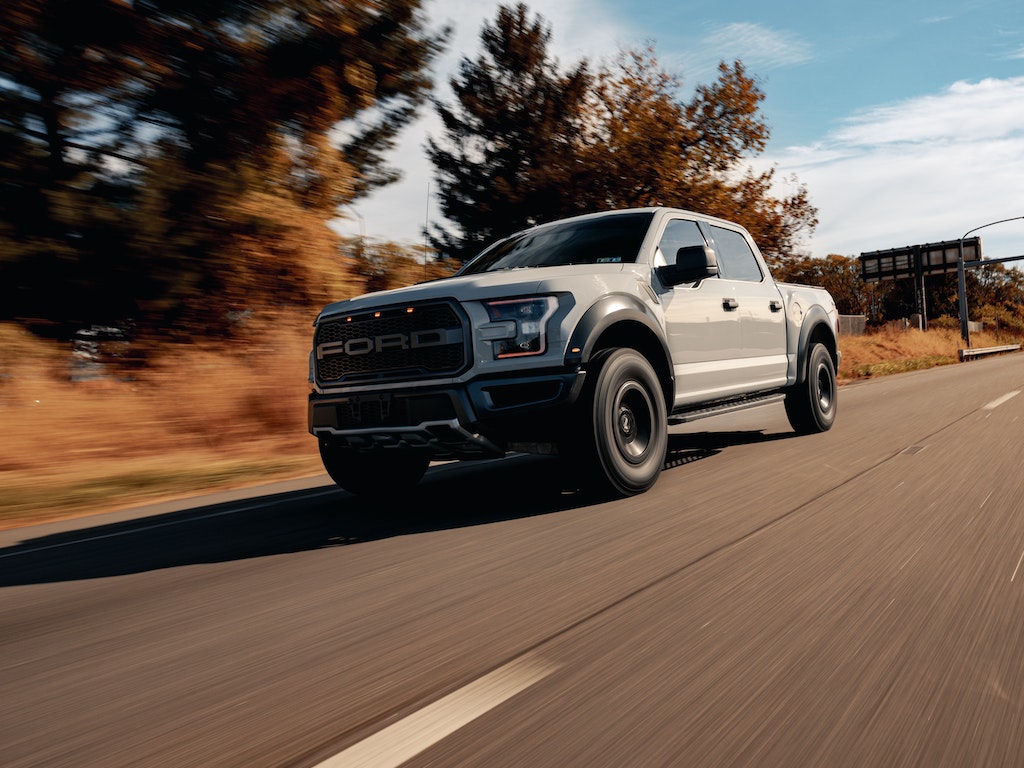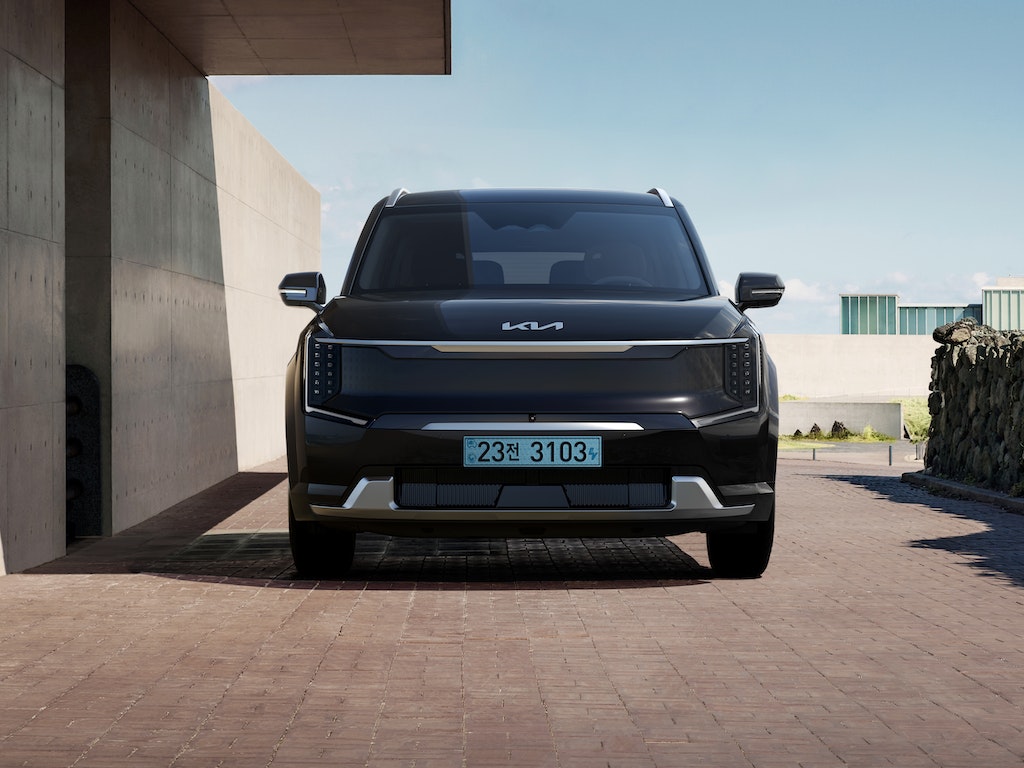Purchasing a used car can be a smart and cost-effective choice, but it requires careful consideration to ensure you’re getting a reliable and valuable vehicle. Before making a decision, follow this simple and straightforward pre-purchase guide to buying used cars.
Set a Budget
Start by deciding how much you want to spend on a used car. Consider not only the purchase price but also additional costs such as taxes, insurance, and potential repairs. This way, you’ll be able to narrow down options and prevent overspending.
Research Vehicle Models
Research different vehicle models that align with your needs and preferences. Look for models known for their reliability, fuel efficiency, and safety features. Online reviews and consumer reports can provide valuable insights into the performance and reputation of specific models.
Check Vehicle History
Obtain the vehicle’s history report to learn about its past ownership, accidents, repairs, and maintenance records. A clean history report indicates a well-maintained and problem-free car, while a history of accidents or frequent repairs may be a red flag.
Inspect the Car’s Condition
Physically inspect the used car for signs of wear and damage. Look for rust, dents, scratches, and any indication of poor maintenance. Examine the tires, brakes, lights, and other essential components to ensure they’re in good condition.
Test Drive
Schedule a test drive to experience how the used car performs on the road. Pay attention to the engine’s responsiveness, steering, brakes, and overall driving comfort. Listen for unusual noises or vibrations that could indicate mechanical issues.
Check for Leaks
Inspect the ground beneath the parked car for any signs of leaks. Leaking fluids could be an indication of underlying problems with the engine, transmission, or other critical systems.
Get a Professional Inspection
Consider having a trusted mechanic inspect the used car before finalizing the purchase. A professional inspection can reveal hidden problems that may not be as clear during a visual inspection or test drive.
Negotiate Price
Don’t hesitate to negotiate with the seller. Research the market value of the specific make and model to ensure you’re getting a fair deal. Be prepared to walk away if the seller’s asking price doesn’t align with your budget or the car’s condition.
Review Ownership Costs
Research the estimated ownership costs of the used car, including insurance premiums, fuel efficiency, and potential maintenance expenses. Understanding the long-term costs will help you make an informed decision.
Verify Ownership and Title
Ensure that the seller has a clear and legitimate ownership title for the used car. Verify the title’s authenticity and check for any liens or outstanding debts associated with the vehicle.
Finalize Documentation
Once you’ve agreed on a price, make sure to complete all necessary paperwork for the purchase. This includes transferring ownership, obtaining a bill of sale, and completing any required emissions or safety inspections.
By following this essential pre-purchase guide, you’ll be equipped with the knowledge and confidence needed to find a reliable and quality used car that meets your needs and budget.



